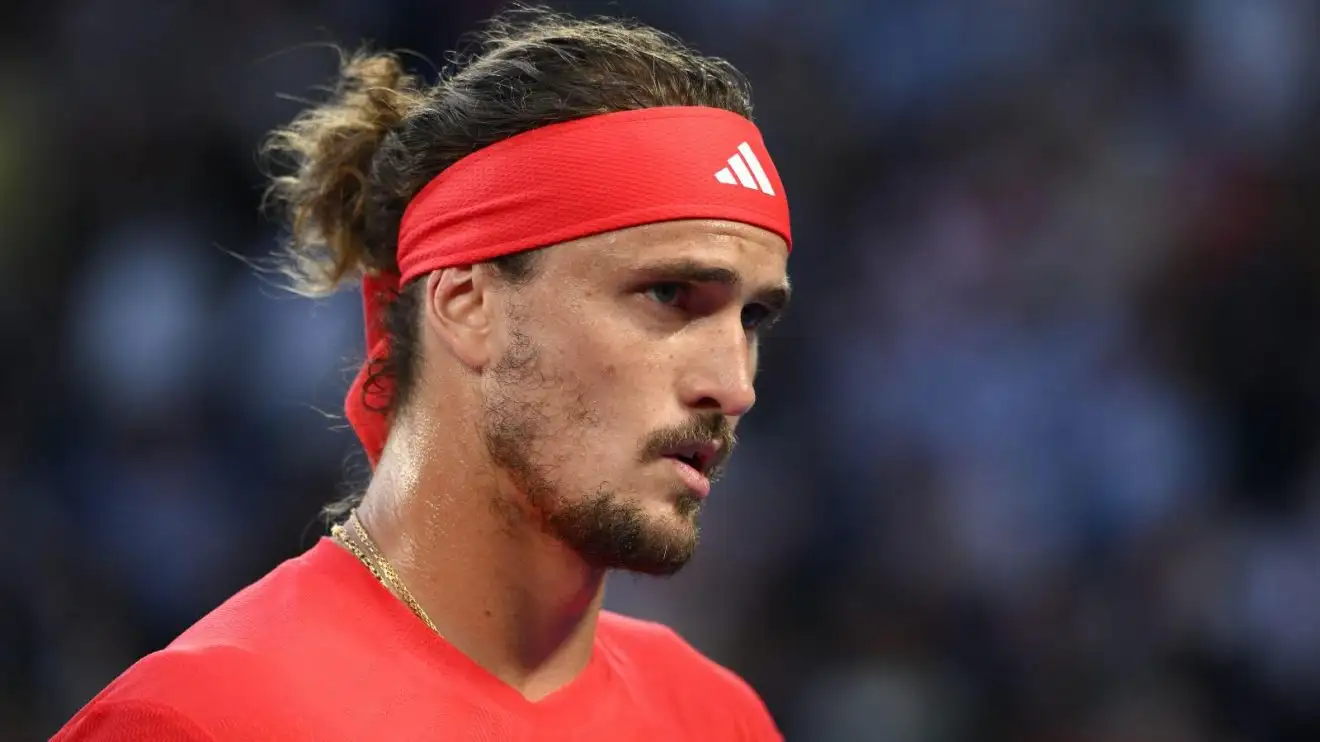
As the clay courts of the Mutua Madrid Open 2025 buzzed with anticipation, world No. 2 Alexander Zverev sparked a lively debate with his unfiltered comments on the sport’s anti-doping procedures. The 27-year-old German, a former Olympic gold medalist and two-time ATP Finals champion, didn’t hold back, labeling the doping control process overseen by the International Tennis Integrity Agency (ITIA) as “annoying” and intrusive. His remarks, delivered ahead of his first match in Madrid, shed light on the personal toll of rigorous testing protocols, igniting discussions about balancing player privacy with the sport’s commitment to integrity.
Zverev’s frustration stems from the demanding logistics of tennis’s anti-doping system, which requires players to provide daily whereabouts for a designated one-hour testing window. “It is an annoying process, I have to be honest, because we have to be at a certain place every single day where we kind of give our details of where we’re going to be for like an hour a day,” he said, highlighting the rigidity of the schedule. The system, designed to ensure random testing, can disrupt players’ lives, especially when testers arrive outside the specified window. Zverev recounted a particularly jarring incident from December 2024, when doping control officers showed up at 9:00 p.m., hours after his 7:00 a.m. slot, as he was en route to pick up his three-year-old daughter, Mayla, from the airport in Nice. “They’re taking the freedom of life away a little bit,” he added, underscoring how such intrusions clash with personal responsibilities like parenting.
The timing of Zverev’s comments is significant, coming amid heightened scrutiny of tennis’s anti-doping framework. High-profile cases involving world No. 1 Jannik Sinner, who is serving a three-month suspension for a positive test but is set to return for the Rome Masters, and five-time Grand Slam champion Iga Swiatek have fueled debate about the system’s fairness and transparency. “I think it’s just a subject that we’ve been talking about more over the last year, or not year, half a year or so, because of, obviously, Jannik and Iga a little bit,” Zverev noted, acknowledging the spotlight on recent controversies. Yet, he emphasized that the core procedures remain unchanged for players, stating, “In general, nothing really changes for us, nothing changed.”
Despite his grievances, Zverev’s critique isn’t a outright rejection of testing but a call for a more considerate approach. The ITIA, led by CEO Karen Moorhouse, has defended the process, stressing the need for players to be “mindful” of their obligations without living in fear. Moorhouse has highlighted the importance of educating athletes about supplement risks, a point that resonates in the wake of Sinner and Swiatek’s cases. Zverev, who has managed Type 1 diabetes since age three and founded the Alexander Zverev Foundation to support children with the condition, is no stranger to medical oversight. His openness about his health contrasts with his frustration over what he perceives as excessive monitoring, particularly when it disrupts moments like collecting his daughter.
On the court, Zverev remains a formidable force, with 24 ATP singles titles and a career-high ranking of No. 2. His Madrid campaign, bolstered by a recent BMW Open title in Munich, positions him as a favorite, especially with Carlos Alcaraz’s withdrawal opening the draw. Yet, off the court, his comments reflect a broader tension in tennis—a sport striving to uphold integrity while respecting players’ personal lives. “It’s not the way you want your day to go,” Zverev said of unexpected testing visits, a sentiment likely shared by peers navigating similar pressures.
As Zverev prepares to face qualifiers in Madrid, his candidness invites reflection on how tennis can refine its anti-doping protocols. His story of balancing fatherhood with professional demands humanizes the issue, while his competitive fire—he’s aiming for a third Madrid title—ensures he’ll channel his frustrations into his game. For now, the “annoying” process remains a necessary hurdle, but Zverev’s voice adds urgency to the quest for a fairer, less invasive system, keeping the conversation alive as the clay season unfolds.
Leave a Reply